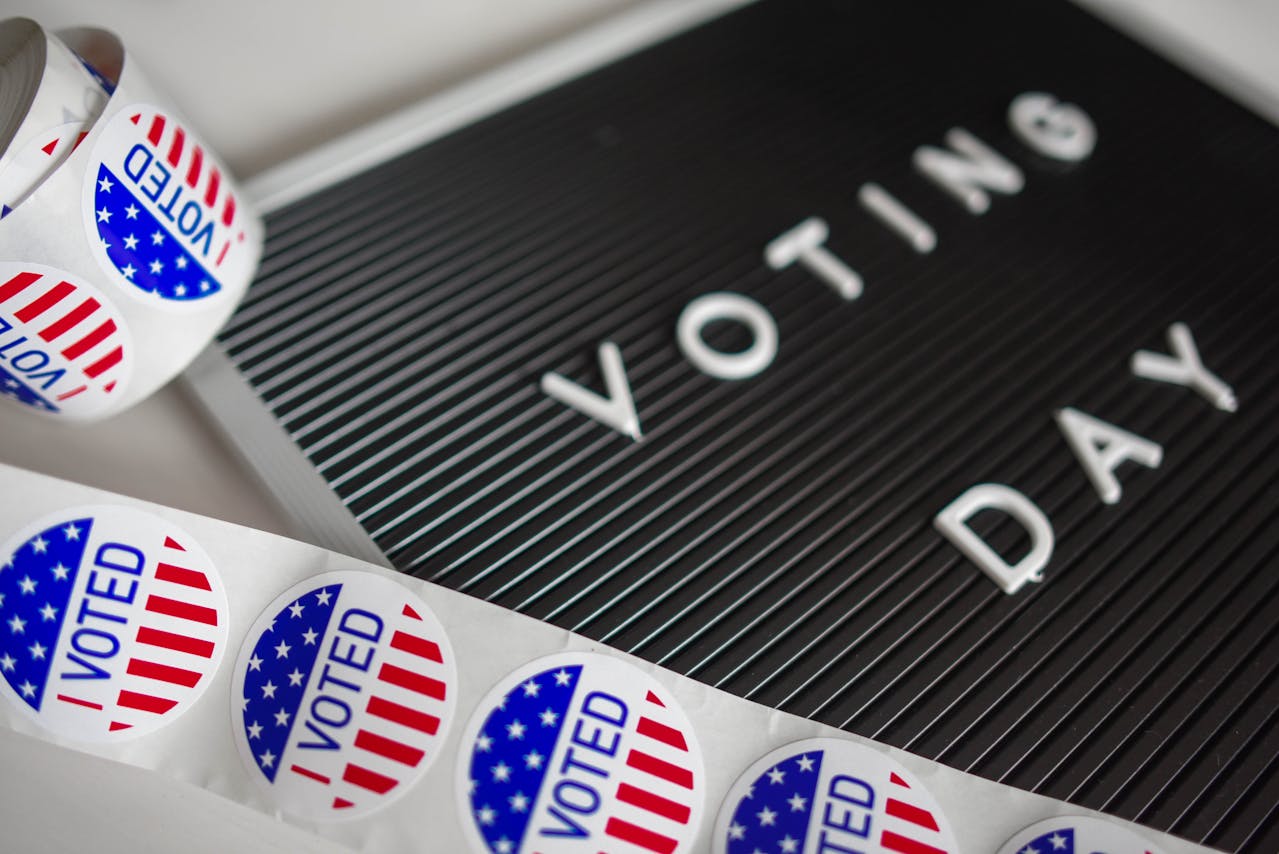In a recent study, published in the journal Personality and Individual Differences, researchers have uncovered new insights into how political beliefs are formed and what influences them over time. The findings suggest that the process of shaping political attitudes is more complicated than previously thought, with important implications for both individuals and society as a whole.
For decades, experts believed that our political beliefs were largely set in stone by the time we reached adulthood. The idea was that the family environment, especially the influence of parents, played a major role in shaping our political views during childhood and adolescence, with little change expected afterward. However, this new research suggests that while parents do have a strong influence, other factors come into play, especially as we move into young adulthood.
The study found that during the teenage years, the shared environment—essentially the influence of family and home—becomes increasingly important in shaping whether someone leans liberal or conservative. Teenagers tend to absorb their parents’ political beliefs, not just in terms of party affiliation but in the broader sense of how they view the world politically. This period is crucial as teens begin to connect various political attitudes, understanding what beliefs “go with” others, like the connection between views on social issues and economic policies.
Interestingly, the research also challenges the common belief that adolescence is a time when political beliefs are fluid and open to change. Instead, the study shows that political attitudes actually become more rigid and defined during this period. By the time teenagers reach late adolescence, their political views are often well-formed and closely resemble those of their parents.
But what happens when these young people leave home and enter adulthood? This is where the study offers a surprising twist. Once individuals move out of their parents’ home, the direct influence of the family environment fades, and a new factor comes into play: genetics. The researchers found that around the age of 21, genetic influences start to have a noticeable impact on whether someone’s political views lean more liberal or conservative. This genetic influence remains consistent throughout adulthood.
This doesn’t mean that our political views are predetermined by our genes, but rather that genetics interact with our experiences to shape our attitudes. For example, two siblings who grew up in the same household might develop different political beliefs once they leave home, influenced by their unique experiences and genetic predispositions.
For parents, this research highlights the significant role they play in shaping their children’s political views during the formative teenage years. However, it also suggests that as children grow up and gain independence, they will start to form their own political identities, influenced by a combination of their upbringing, life experiences, and genetic factors.
The study also has broader implications for understanding political behavior in society. It suggests that targeting young adults through political campaigns or civic education might not be as effective as once thought, given that many people’s political views are already firmly established by their late teens. Instead, the research points to the importance of understanding the complex interplay between environment, genetics, and life experiences in shaping political attitudes over time.
As we continue to navigate a deeply polarized political landscape, these findings offer a valuable perspective on why people believe what they do—and how those beliefs can evolve, or stay the same, throughout their lives.
Citation(s):
Rasmussen, S. H. R., Weinschenk, A., Ksiazkiewicz, A., von Bornemann Hjelmborg, J., Nørgaard, A. S., & Klemmensen, R. (2024). Genetic and environmental influences on the stability of political attitudes. Personality and Individual Differences, 229, 112777. https://doi.org/10.1016/j.paid.2024.112777



